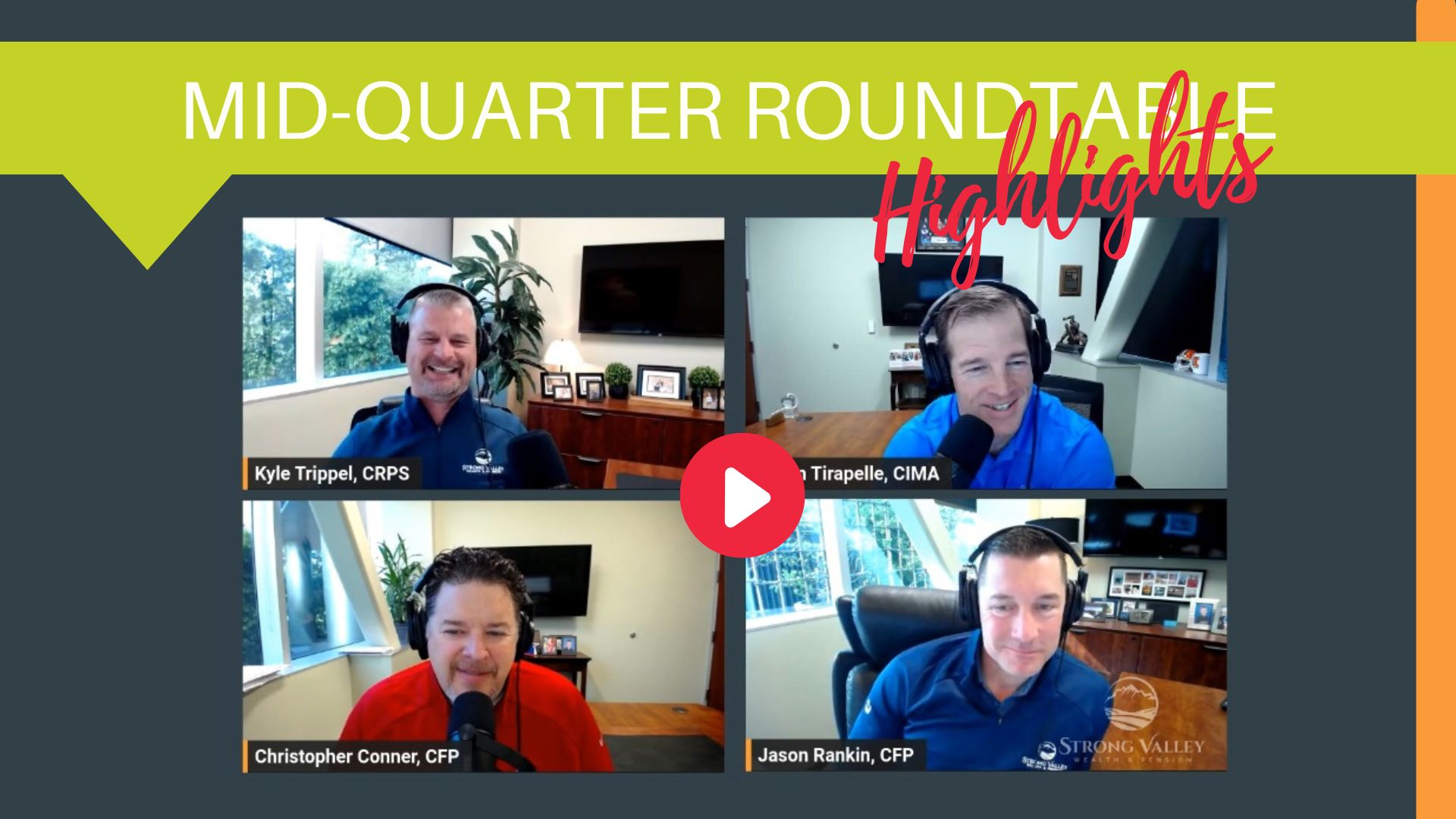You are now leaving the Strong Valley Wealth & Pension, LLC ("Strong Valley") website. By clicking on the "Schwab Alliance Access" link below you will be entering the Charles Schwab & Co., Inc. (“Schwab”) Website. Schwab is a registered broker-dealer, and is not affiliated with Strong Valley or any advisor(s) whose name(s) appears on this Website. Strong Valley is/are independently owned and operated. Schwab neither endorses nor recommends Strong Valley. Regardless of any referral or recommendation, Schwab does not endorse or recommend the investment strategy of any advisor. Schwab has agreements with Strong Valley under which Schwab provides Strong Valley with services related to your account. Schwab does not review the Strong Valley website(s), and makes no representation regarding the content of the Website(s). The information contained in the Strong Valley website should not be considered to be either a recommendation by Schwab or a solicitation of any offer to purchase or sell any securities.

Are you familiar with the IRS’s required minimum distributions (“RMDs”)? Learn about RMDs and strategies to effectively reduce taxes, optimize financial planning and maximize your legacy by preserving wealth in retirement for what is most important to you.

Once retirees reach age 73 (as per the latest SECURE Act changes), they must start taking Required Minimum Distributions (RMDs) from tax-deferred accounts such as 401(k)s and traditional IRAs. Failure to comply can result in hefty penalties. Understanding how to calculate and manage RMDs is essential to maintaining tax efficiency and financial stability.
The IRS provides a formula for RMD calculations based on life expectancy and account balances. Here’s how to approach it:
Retirees can mitigate the tax impact of RMDs by incorporating these strategies:
For charitably inclined retirees, QCDs offer a tax-efficient way to satisfy RMD requirements:
By proactively planning with a financial professional to leverage tax-efficient strategies, and explore charitable giving, retirees can minimize tax burdens and maximize their retirement wealth.



